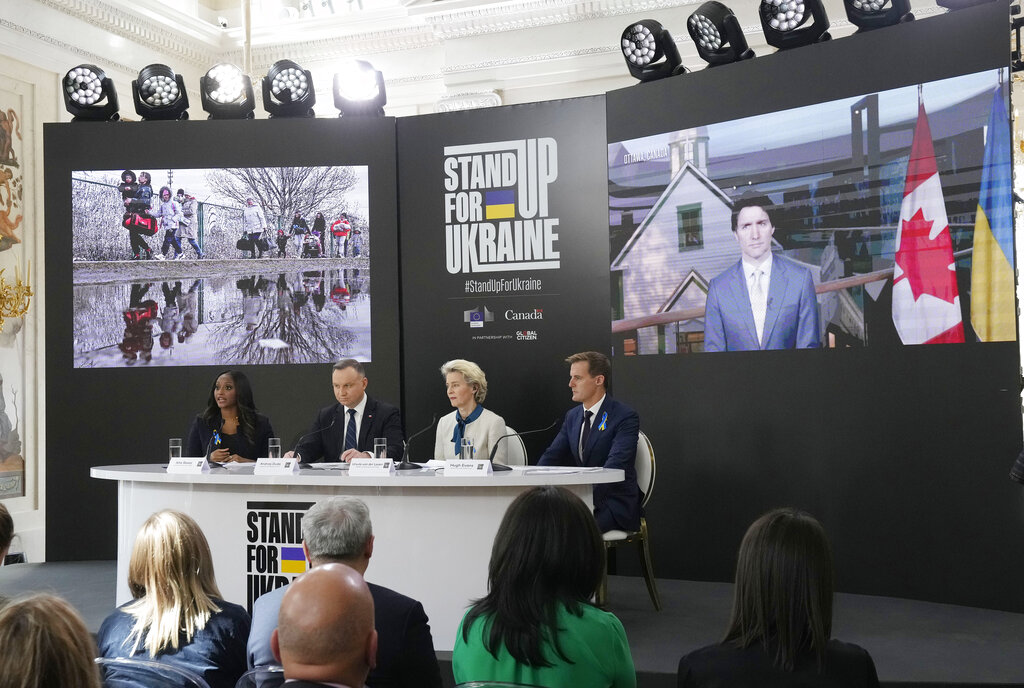The United States has laid out a long-term civilian funding plan for Ukraine — not for military spending, but for infrastructure, health, and education — for its allies, the Bloomberg news outlet has reported. Under the plan, the U.S. is committing $1.5 billion a month in aid, but is also asking for the same level of support from its European allies.
They added that the International Monetary Fund (IMF) estimates Ukraine would need $5 billion a month to carry out basic state functions and keep the economy running. Meanwhile, in September, the Ukrainian budget only had aid income of $2 billion in September, down from $4.7 billion in August, according to Ukrainian Finance Minister Serhiy Marchenko.
Bloomberg government sources report the Biden administration is lobbying hard for the European Union to be more firm in its commitments after it was revealed that actual EU disbursements are billions of euros short of the amounts pledged. The European Union announced a €9 billion support package for Ukraine over the summer, aid of which only €1 billion has actually been disbursed — €5 billion is in the process of being disbursed while €3 billion is still being debated.
[pp id=42712]
The agenda for the EU summit in the Czech Republic in early October includes new sanctions against Russia. The EU’s plan is to allocate a total of $38 billion from the EU budget to Ukraine next year.
Some EU diplomats interviewed by Bloomberg are “terribly frustrated” by the sluggishness of EU decision-making. They say that as winter approaches and tangible signs of an energy crisis mount, “some member states” have started to delay even more in resolving disputes.






